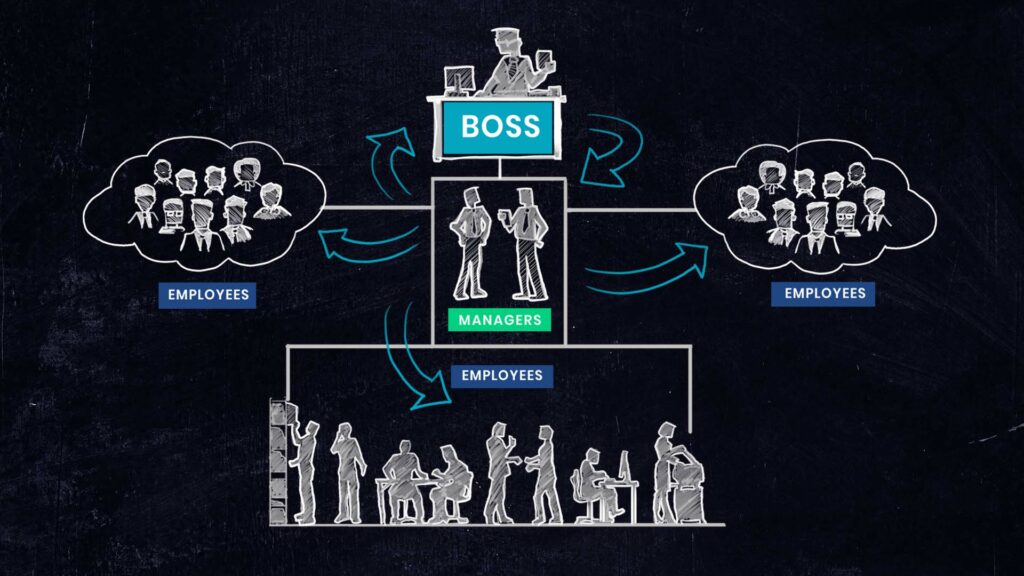Scale or Break?
What Would Happen If Your Field Service Business Got Flooded With Extra Service Requests Overnight?
Here’s a thought experiment that should be fun if you’re running a Field Service business:
If you snapped your fingers and received extra service requests every month:
➜ Besides technicians, which roles would you need to “clone” to fulfill that new demand?
➜ Which roles would be needed to create that demand in the first place?
In general terms (again, except technicians), any role that you’d need to “clone” to fulfill a spike in demand is a good candidate for having it remotely whereas roles that create that demand tend to be more strategic, and fewer in number, and best handled in-house.
So let’s break these down.

Here’s a thought experiment that should be fun if you’re running a Field Service business:
If you snapped your fingers and received extra service requests every month:
➜ Besides technicians, which roles would you need to “clone” to fulfill that new demand?
➜ Which roles would be needed to create that demand in the first place?
In general terms (again, except technicians), any role that you’d need to “clone” to fulfill a spike in demand is a good candidate for having it remotely whereas roles that create that demand tend to be more strategic, and fewer in number, and best handled in-house.
So let’s break these down.
Roles That Create Demand
Starting from the last question, roles that create demand are usually:
➤ Key account managers that win new accounts, and suddenly add 50 new grocery stores to the book of business.
➤ Executives that negotiate a partnership with a manufacturer that adds 500 new installations a year.
➤ District managers that handle services in an area so well that they reduce customer churn and keep thousands of service requests per month.
These roles are creative, strategic, high-touch, and few in number.
We could add team leaders and middle managers in this group as well as people who manage the teams that fulfill that new demand. These are the core competencies and needle-movers in a Field Service business and it makes absolute sense to keep these locally and in-house. Once that new demand is generated and there are team leads in place, I will argue that almost every role that fulfills that demand can (and even should) be handled remotely—except for technicians, of course.
Multiplying Fulfillment
If you have a spike of work orders and you have the technicians to service them, you would need to multiply things like:
 Sending estimates
Sending estimates
 Picking up the phones
Picking up the phones
 Managing portal requests
Managing portal requests
 Ordering parts
Ordering parts
 Sending invoices
Sending invoices
 Following up on invoices
Following up on invoices
 Collecting "past due" dollars
Collecting "past due" dollars
 etc., etc.
etc., etc.

Following the example above, what tools are needed to perform those ten tasks? If tasks one through seven can be done with the same tool, but then tasks eight, nine. and ten each require a separate platform, a different kind of file, a completely different process…
Then maybe those tasks could be batched and taken care of overnight by a remote team to clear the queue for the day shift.
In both cases above, the in-house workers get to work more efficiently, be more productive, have fewer errors, and have a better employee experience.
Replacing Juniors and Temp-Hires
Before I get any backlash, I’m not saying to NOT give juniors a chance. If you are hiring juniors and interns to groom them into full-time employees, then develop their careers as managers, etc., then by all means they must be local and in-house. But if there are tasks that are considered low-value enough and require low expertise so that a junior or intern can do them and you resort to hiring juniors as a cost-saving strategy, then I guarantee you there’s someone remotely who can do that job expertly AND at an even lower cost than a junior.
The same goes for temporary summer hires and such.
All of these are great indicators that those tasks would be done:
 At a much higher quality
At a much higher quality
 At the same or lower cost
At the same or lower cost
 And without having to manage the employee turnover
And without having to manage the employee turnover
Conclusion






